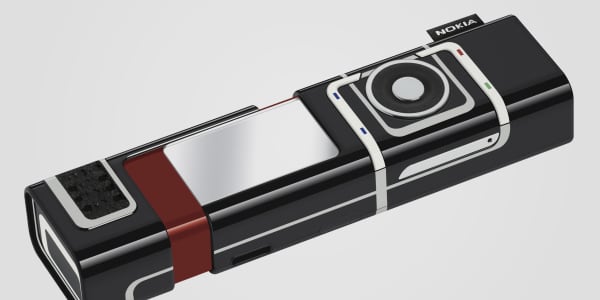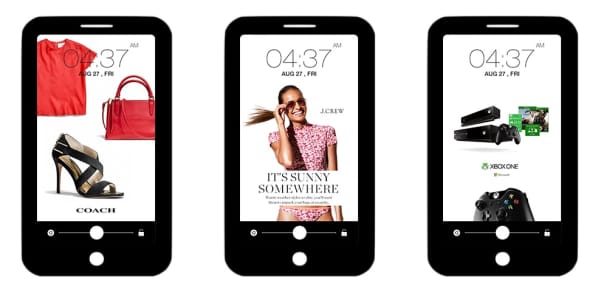While Samsung has ditched Android with its latest smartwatch range, Nokia has turned to Google's mobile operating system to crack the low-cost smartphone market.
Nokia, whose handset division is soon to become a part of Microsoft Corp., opted for Microsoft's Windows Phone 7 as its main mobile operating system in 2011.
At Mobile World Congress in Barcelona on Monday, Nokia unveiled five new affordable handsets, including the Nokia X, which will run Android apps but also Microsoft services. The Nokia X, Nokia X Plus and Nokia XL will start at 89 euros ($122), hoping to tap the affordable smartphone market, while the Nokia Asha 230 will be priced at 45 euros and the Nokia 220 will be only 29 euros.
(Read more: Nokia confirms Microsoft deal)
Stephen Elop, executive vice president of Nokia's Devices & Services and former CEO of the whole of Nokia, said at the launch: "Our deliberate approach is to offer four tiers of products including our affordable entry-level devices like the new Nokia 220; our entry-level Asha touch phones like the new Nokia Asha 230; our new Nokia X, Nokia X and Nokia XL smartphones primarily for growth economies."
While the new X models will run Android, they will also use Microsoft services like Skype, OneDrive and outlook.com. With the purchase of any Nokia X phone in certain markets, people will get one month of Skype's Unlimited World Subscription for a limited time, a clear push to entice new customers to Microsoft products.
Tony Cripps, practice leader, device and platforms at OVUM consultancy said that it was too early to call the Nokia X a game-changer, but that it definitely shakes up the industry of low-level smartphones.
"Nokia's strength in developing markets will be a major catalyst for sales of Nokia X, which brings a level of design and build quality to the low-price smartphone segment that is largely lacking today," he wrote in a note.
The announcement comes just before Nokia officially sells its handset business to Microsoft in a $7.2 billion deal and after a difficult holiday quarter for the Finnish company with smartphone revenue dropping 29 percent.
(Read more: Microsoft and Nokia are both dumb about smartphones)
Nokia has been attacked from both ends of its handset range, with rivals to its cheap "feature phone" devices as well its upmarket Nokia Lumia. The Nokia X will not be available in the U.S., Canada, Korea and Japan to avoid competing with its Lumia phones.
And there are sill plenty of competing handsets in the pipeline.
Just today in Barcelona, Sony revealed their latest Xperia Z2 and M2 LTE smartphones - which CCS Insight described as "strong progress," while yesterday Mozilla unveiled its new challenger for the emerging market low-end smartphone sector, a $25 handset.
According to Gartner Research, in 2013 there were 877,885 worldwide device shipments of Android smartphones, compared to ones with 327,956 handsets with the Windows operating system. The move today by Nokia is a wise decision, given that Gartner sees Android devices increasing to 1.2 million by 2015, while Windows ones will only increase to around 422,726.
"Microsoft's pragmatism in adopting Android Open Source Project (AOSP) gives it a chance of finally taking the global consumer technology fight to Google, Apple, and Samsung," wrote Cripps in a note
"The result, in the long term, may be a company barely recognizable as the one we know today," he concluded.





